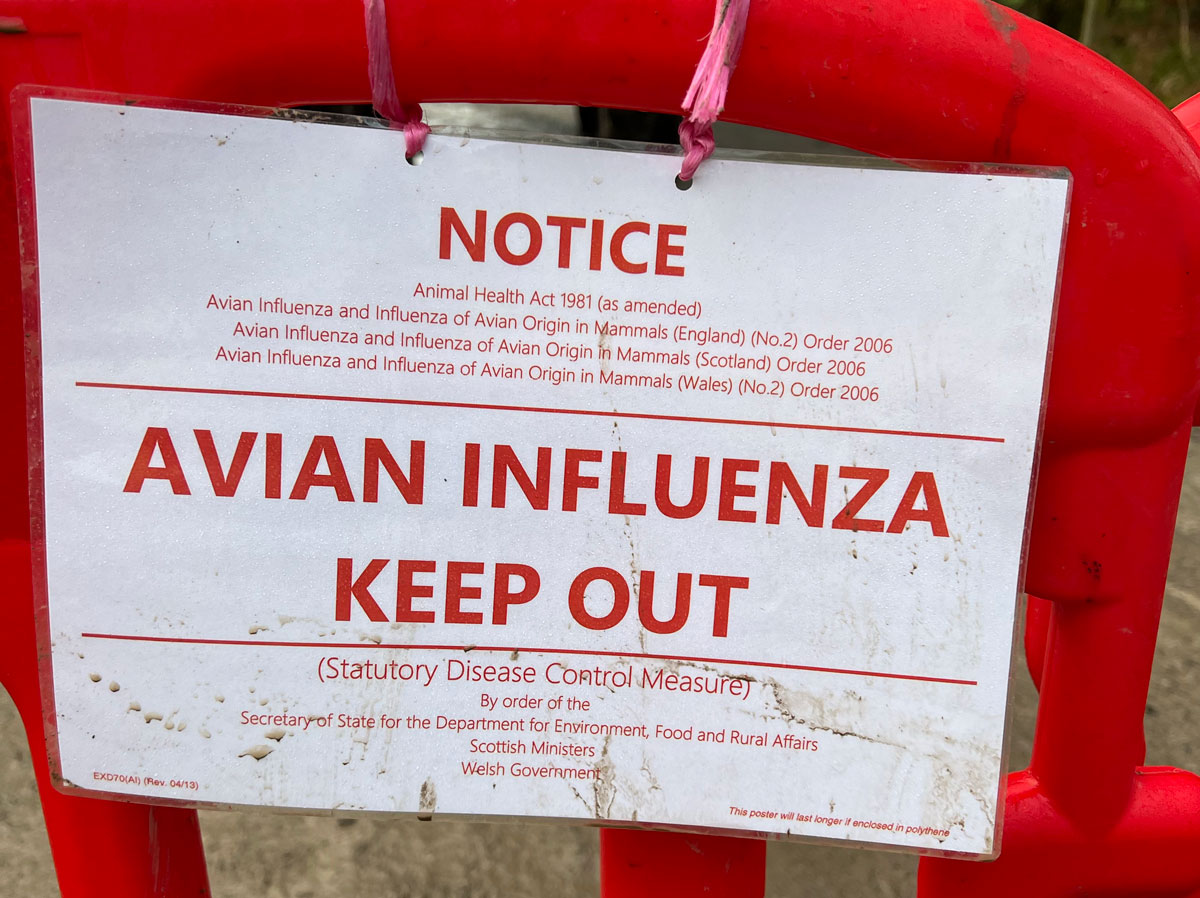Fresh bird flu outbreaks in Netherlands and Germany

The Netherlands and Germany have ordered culls after fresh outbreaks of highly pathogenic bird flu were found on poultry farms.
Dutch authorities will cull 200,000 chickens after the H5N8 strain of avian influenza was found on a farm in Puiflijk, eastern Netherlands.
The country experienced its first 2020 bird flu outbreak in October, which saw 35,700 chickens culled.
The Dutch poultry industry, worth £1.4 billion, is Europe's largest exporter of chicken meat and eggs, employing 10,000 people on 2,000 farms.
Meanwhile, in Germany, an outbreak has impacted a small poultry farm in Schleswig-Holstein, the country's northernmost state.
Wild birds have also been found with the virus. According to German broadcaster NDR, over 1,000 dead wild birds were discovered on the Nordfriesland coast.
It comes after a poultry farm near Frodsham, Cheshire experienced an outbreak of H5N8 bird flu on Monday (2 November).
Testing has confirmed the virus was the highly pathogenic strain, and related to the virus currently circulating in Europe.
All 13,000 birds at the farm, which produces hatching eggs, were culled to limit the spread of the disease.
Defra said the case was unrelated to the H5N2 strain which was confirmed at a small commercial premises in Kent a day before.
Public Health England (PHE) advised that the risk to public health from the virus was very low, and the Food Standards Agency added that it posed a very low food safety risk for consumers.
The UK's Chief Veterinary Officer Christine Middlemiss said: “Bird keepers should remain alert for any signs of disease, report suspected disease immediately and ensure they are maintaining good biosecurity on their premises.
“We are urgently looking for any evidence of disease spread associated with this farm to control and eliminate it.”
The European Centre for Disease Prevention and Control (ECDC) has urged European countries to ramp up farm biosecurity and wild bird testing.
The EU body said: "Northern and eastern Europe are likely to be the most vulnerable to new outbreaks given past experience.
"When HPAI was detected in the same area of Russia in the summers of 2005 and 2016, epidemics followed in northern and eastern Europe.
"If the pattern is repeated this year, HPAI is expected to arrive in the same areas of Europe in autumn or winter.
"Subsequent spread to countries in southern and western Europe is also possible."








